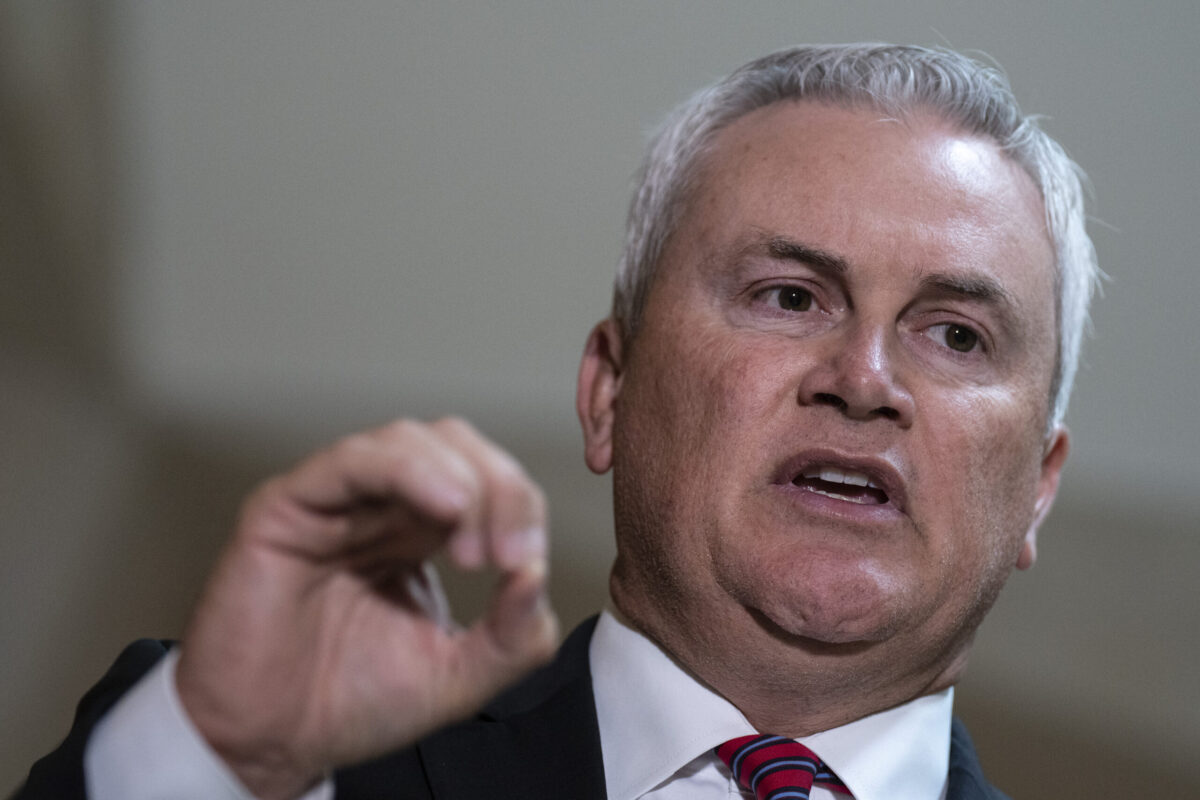Anti-abortion activists seek to influence the stance of the first post-Roe Republican presidential candidates
Republicans Poised to Nominate Presidential Candidate Reluctant to Impose New Federal Limits on Abortion
As the March for Life gathers in Washington, D.C., for the second time since Roe v. Wade was reversed, Republicans appear poised to nominate a presidential candidate who is hesitant to impose new federal limits on abortion, despite the preferences of leading anti-abortion groups.
Trump’s Victory in Iowa Caucuses Highlights Divide on Abortion
Former President Donald Trump’s recent victory in the Iowa caucuses, where he defeated Governor Ron DeSantis (R-FL) by a significant margin, underscores the divide within the Republican party on the issue of abortion. Trump’s criticism of DeSantis for signing a law banning abortions after six weeks in Florida resonated with voters, particularly evangelical Christians who strongly supported Trump.
- Trump received 53% of the evangelical Christian vote, while DeSantis only garnered 27%.
- Although only 11% of voters listed abortion as their top issue, 61% expressed support for federal legislation banning most or all abortions nationwide.
- Trump won this group by a significant margin, with 55% of their votes compared to DeSantis’s 25%.
However, Trump’s victory was not unanimous, as he faced opposition from a minority of Iowa Republicans who would oppose such a law. Among this group, Trump still emerged victorious, defeating former U.N. Ambassador Nikki Haley by 9 points.
The Race Shifts to New Hampshire
As the race moves to New Hampshire, a state that is more secular and less evangelical than Iowa, the top two candidates in public polling, Trump and Haley, have shown less enthusiasm than DeSantis in engaging the federal government on the abortion issue.
Haley, in particular, emphasizes the importance of broad public support for abortion policy and seeks to find common ground between pro-life and pro-choice individuals. She believes that America should not be divided over this issue any longer.
Trump, on the other hand, acknowledges the power that pro-lifers now have to negotiate an appropriate abortion policy, thanks to the justices he appointed who voted to overturn Roe. He believes that Republicans must learn how to effectively communicate their stance on abortion in order to win elections and enact new laws.
Anti-Abortion Activists Wary of Trump and Haley
Despite their pro-life positions, anti-abortion activists are cautious about both Trump and Haley. Trump’s past statements describing himself as “very pro-choice” in 1999 raise concerns about his commitment to the cause. Additionally, Haley’s messaging on abortion has not significantly differed from Trump’s.
While the anti-abortion movement experienced progress in the 1990s and 2000s, with public opinion shifting in their favor, the reversal of Roe in 2022 has posed challenges. However, anti-abortion groups remain hopeful and aim to make a difference in this year’s elections.
As Roe’s 51st anniversary approaches, the debate over abortion continues to shape the political landscape.
1) How does the support of evangelical Christian voters for Trump compare to the 35% support for DeSantis?
Evangelical Christian voters supporting him compared to DeSantis’ 35%.
These results highlight the strong anti-abortion sentiment among Republican voters, particularly within the evangelical Christian community. However, despite Trump’s success in Iowa, there is a growing divide within the party regarding the extent to which federal limits should be imposed on abortion rights. While conservative Republicans continue to advocate for strict restrictions on abortion, moderate Republicans are pushing for a more nuanced approach that takes into account the complexities surrounding the issue. These moderates argue that imposing new federal limits on abortion may alienate voters and hinder the party’s chances in the general election. Leading moderate Republican voices, such as Senators Lisa Murkowski (R-AK) and Susan Collins (R-ME), have expressed reservations about supporting federal legislation that imposes strict limits on abortion. They argue that the decision should be left to individual states, allowing for a more localized approach that reflects the diverse opinions within the country. Moreover, moderate Republicans believe that focusing solely on restricting access to abortion overlooks the importance of comprehensive sex education, access to contraception, and support for programs that assist women and families facing unplanned pregnancies. They argue that a holistic approach is necessary to effectively reduce the number of abortions and address the underlying societal factors that contribute to unintended pregnancies. The reluctance of some Republican presidential candidates to fully support new federal limits on abortion has caused frustration among leading anti-abortion groups. Organizations such as the National Right to Life Committee and Susan B. Anthony List have historically pushed for stricter regulations on abortion and have invested significant resources in supporting candidates who align with their positions. However, the rise of moderate Republicans poses a challenge for these groups, as it forces them to reevaluate their strategies and messaging. While they continue to work towards their ultimate goal of overturning Roe v. Wade, they may need to adjust their approach to accommodate the concerns of moderate Republicans and appeal to a broader base of voters. The Republican Party finds itself at a crossroads when it comes to abortion. The strong anti-abortion sentiment among Republican voters, particularly evangelicals, is undeniable. However, the rise of moderate Republicans who advocate for a more moderate approach to the issue complicates the party’s path forward. As Republicans prepare to nominate their presidential candidate, they must navigate this divide and find a balance between appeasing their base and appealing to a broader electorate. The future of abortion policies within the party will largely depend on whether Republicans prioritize strict federal limits on abortion or embrace a more nuanced approach that considers the diverse opinions within their party and the country as a whole.Rise of Moderate Republicans on Abortion
Impact on Anti-Abortion Groups
Conclusion
" Conservative News Daily does not always share or support the views and opinions expressed here; they are just those of the writer."





